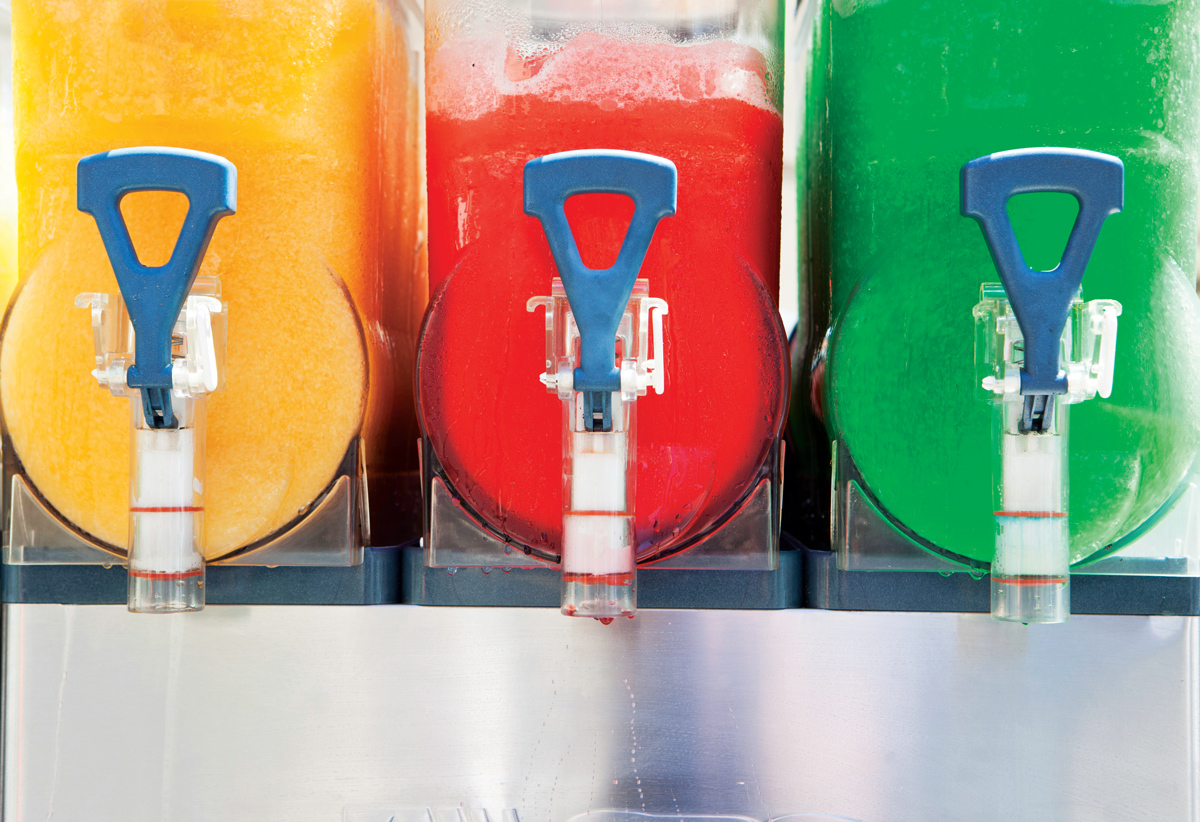Retailers are often not meeting food hygiene standards because of poor slush machine cleaning practice, according to experts.
Better Retailing identified examples of stores, including those operated by multiples, being criticised by environmental health officers for endangering customers through their slush machines.
Meanwhile, other council documents show swabbing and testing the machines is becoming more common.
One store owner told Better Retailing they were inspected by their local environmental health department following a customer becoming repeatedly ill after consuming slush products from a nearby shop.
The retailer, who wished to remain anonymous, said they were warned of rising hygiene failures.
The average site with a machine makes £7,000 net profit a year through slush, according to Denby Drinks Company, operator of the Mr Slush service.
Read more: How can retailers utilise cold drink machines?
Managing director Steve Roy said cleaning devices is “quick and simple”, but warned: “If machines aren’t cleaned on a regular basis, the sugar in the product can cause bacteria to grow.”
Council records show frequent failings by stores including only using water to clean the machines, leaving the device turned off with liquid in overnight and unsafe storage of syrup supplies.
Kopi Kalanathan, owner of a Costcutter in Kirk Sandall, South Yorkshire, has 10 slush machines, all of which passed inspection. He advised retailers: “Our local council tested our slush machine during a food hygiene inspection,” he said. “They wanted all our records, so every time we carry out a full clean, we document it.”
Roy added: “Lubricating increases the life of rubber seals and stops leaking occurring. Cleaning the condenser allows the freezing system to function efficiently due to effective airflow and cooling.”
Shelley Goel, owner of One Stop Gospel Lane in Birmingham, said he increased the cleaning of his two machines to daily after trading standards began testing it.
“If somebody is sick because a product they have bought, you’ll kill off your trade,” he said.
Read more: How this duo transformed a rundown shop in Grimsby: slushies, coffee, more stock and deliveries






Comments
This article doesn't have any comments yet, be the first!